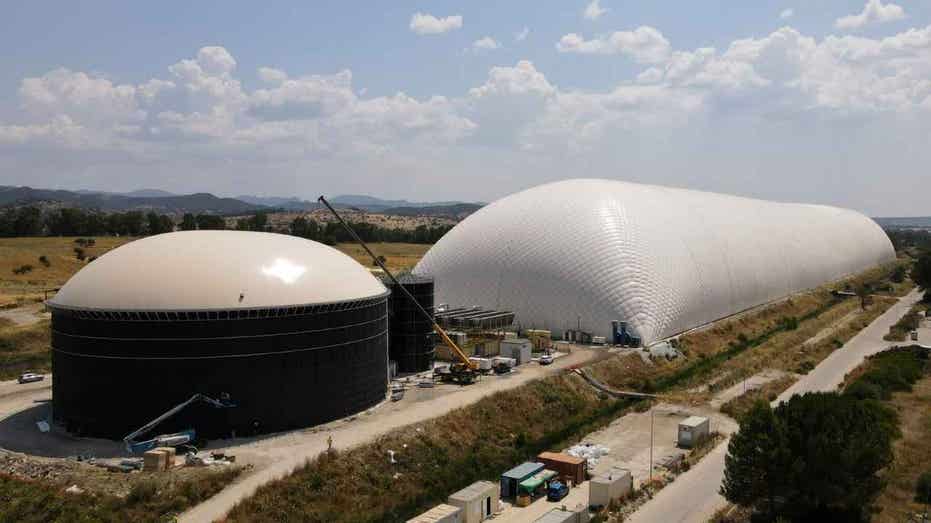Trump Allies and Private Sector Quietly Prepare for Mass Detention of Immigrants
Donald Trump’s allies and certain private sector entities have been quietly preparing for a large-scale plan to detain and deport migrants residing in the United States.

Donald Trump’s allies and certain private sector entities have been quietly preparing for a large-scale plan to detain and deport migrants residing in the United States. With Trump recently securing the presidential election, these plans are now expected to gain momentum, according to four sources familiar with the discussions.
Immigration was a major focus of Trump’s 2024 campaign. He repeatedly emphasized promises of mass deportations, with a particular focus on enforcing laws within the country, as opposed to his 2016 emphasis on the border wall. Close associates of Trump, as well as some in the private sector, have been discussing how to implement such a large-scale immigration plan.
According to Trump senior adviser Jason Miller, Trump’s top priority on day one will be reinstating his previous administration’s border policies and reversing those put in place by President Joe Biden.
Initial plans reportedly center on deporting undocumented immigrants who have committed crimes. The team is also discussing how, when, and whether to deport “Dreamers”—individuals brought to the U.S. as children, who have typically received bipartisan support. Some Dreamers are temporarily protected by the Deferred Action for Childhood Arrivals (DACA) program from the Obama administration, which allows them to live and work in the U.S.
A Shift on the Dreamers Policy
Targeting Dreamers would mark a departure from the bipartisan support they have historically received. DACA provides some Dreamers with temporary protection, enabling them to live and work in the U.S., but any attempt to remove these individuals would challenge this historical stance.
Former ICE acting director Tom Homan, a potential key figure in Trump’s immigration agenda, stated in a CBS News interview that the plan does not involve "mass sweeps of neighborhoods" or "building concentration camps." He clarified that arrests would be targeted and based on extensive investigation.
Role of the Private Sector and Financial Challenges
Several private sector firms, which provide services for detention facilities, are expected to play a significant role if Trump assumes office.
One critical aspect of any large-scale deportation plan will be securing adequate detention space. Detention and removal cost an average of $10,900 per undocumented immigrant in 2016, while deporting someone to their home country averaged $1,978. Limited financial resources present a challenge, and finding funding for this expanded detention capacity will be crucial.
ICE officials explained that the logistics of deportations vary widely by country. While deportations to Mexico and Central America can happen relatively quickly, others require more time due to varying documentation processes. ICE is also limited in its ability to hold immigrant families, while unaccompanied minors fall under the Department of Health and Human Services.
A Mixed Response Within the Department of Homeland Security
Within the Department of Homeland Security (DHS), which oversees immigration enforcement, there is a range of responses to the expected shift in immigration policy under Trump. Many officials wonder about the future of Biden-era policies, such as certain parole programs that temporarily allowed individuals from specific nationalities to live and work in the U.S.
For some DHS officials, the shift represents a welcome return to a stricter immigration approach, while for others, it signals major challenges. In contrast, others are optimistic about the return of stricter enforcement policies that could address border concerns seen under the current administration.






















